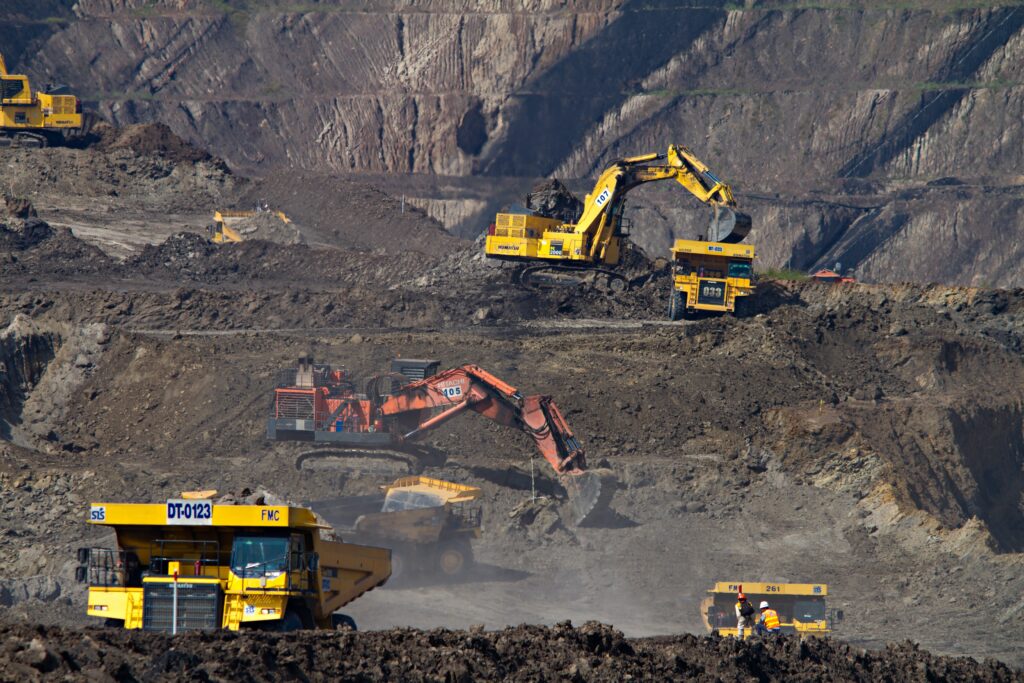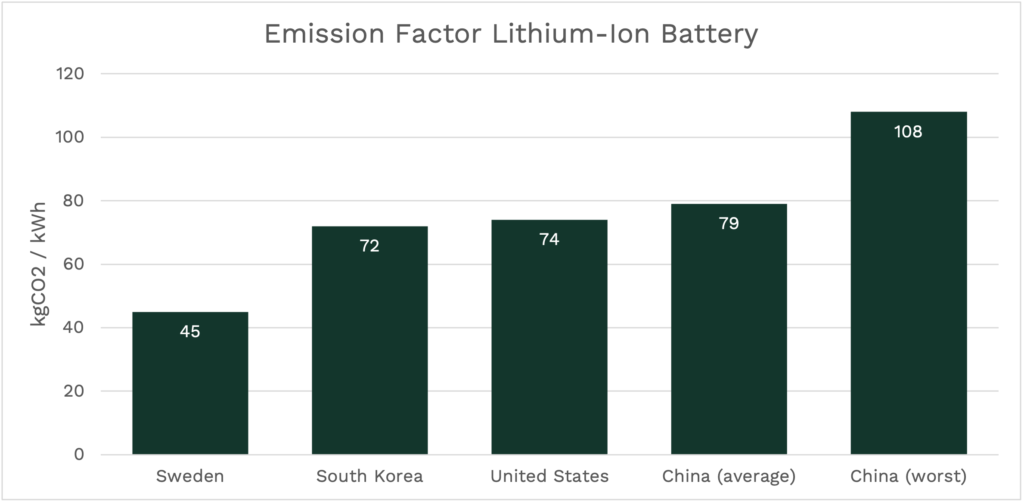
Picture Credit: Unsplashed (Dominik Vanyi)
Accurate and Relevant Supply Chain Data
Alexander Pfeiffer (Co-Founder & CEO) // March 2023
As businesses around the world strive to reduce their environmental impact and meet sustainability goals, decarbonization has become a critical issue. However, achieving meaningful reductions in greenhouse gas (GHG) emissions requires accurate and relevant data. Without it, organizations can’t properly assess their carbon footprint, identify the most effective decarbonization initiatives, or track their progress. In this post, we’ll discuss why high-quality data from the supply chain is particularly important for carbon baselining and successful decarbonization programs.
Why Accurate Data is Crucial for Carbon Baselining
Carbon baselining is the process of measuring an organization’s total GHG emissions. To calculate this, companies need to gather data on energy consumption, transportation, waste disposal, and other relevant factors. Without accurate data, it’s impossible to determine a baseline and identify areas for improvement. For example, if a company’s emissions data is incomplete or inaccurate, they might overlook significant sources of emissions and fail to address them, undermining their decarbonization efforts.
Why Relevant Data is Crucial for Decarbonization Initiatives
After establishing a baseline, organizations need to identify the most effective decarbonization initiatives. This requires relevant data from their own operations and the supply chain. For instance, to reduce emissions from transportation, companies need data on fuel consumption, vehicle mileage, and transportation routes. Similarly, to reduce emissions from production processes, organizations need data on energy consumption and emissions from raw materials, equipment, and processes. Without this data, companies may waste resources on initiatives that won’t have a meaningful impact on emissions.
Why Supply Chain Data is Critical
When it comes to decarbonization, it’s not enough to focus solely on your own operations. Companies must also consider their supply chain emissions, which can account for a significant portion of their total footprint. Gathering data from tier 1 and upstream suppliers is crucial to understanding the full scope of emissions and identifying opportunities for improvement. Emissions for one and the same material or component can vary vastly depending on supplier location, production route, recycling shares, and the use of renewable electricity in the value chain.
For instance, a Lithium-Ion Battery of the type that is commonly used in contemporary electric vehicles can have an emission factor as low as 45 kgCO2 / kWh if sourced from a manufacturer in Sweden with its high share of relatively clean electricity generation in the power mix. For a Tesla Model 3 this would result in 3.4 tCO2 for the battery alone. If sourced from the “worst-in-class” producer in China, however, with its high share of coal-powered electricity generation in the power mix, the same battery would have an emission factor of 108 kgCO2 / kWh, resulting in over 8 tons of CO2 for the same car. This is why it’s so important to gather supply chain data that is specific to your company’s own operations and supply chain.

Source: McKinsey & Company
Many carbon accounting platforms today use off-the-shelf emission factors from third-party providers that will not consider company-specific primary data. This is why it’s important to gather your own data, rather than relying solely on generic factors. By doing so, you can identify the most impactful decarbonization initiatives for your organization and make better-informed decisions about how to allocate resources.
Life Cycle Analyses (LCAs) are a common tool to assess carbon footprint. However, these are often highly complex, require a lot of data and resources to conduct, and are only of limited help in identifying decarbonization initiatives. The data required for an LCA is vast and includes raw material extraction, processing, manufacturing, transportation, use, and end-of-life disposal or recycling. This means that companies need to collect a vast amount of data to conduct an LCA, making it impractical for many organizations.
Why Regularly Tracking Data is Important
Finally, once companies have established a baseline, identified relevant decarbonization initiatives, and gathered data from their supply chain, they need to track their progress. Regularly tracking data is important for assessing the success of decarbonization initiatives and making informed decisions about future initiatives. By tracking progress, organizations can identify areas where they need to adjust their strategies, allocate resources more effectively, and demonstrate their commitment to reducing emissions to stakeholders.
Conclusion
High-quality, accurate, and relevant data is essential for carbon baselining and successful decarbonization programs. By gathering data from their own operations and the supply chain, companies can identify the most effective decarbonization initiatives, assess their cost, and track their progress over time. This not only helps companies reduce their environmental impact but also strengthens their reputation as responsible and sustainable organizations.
